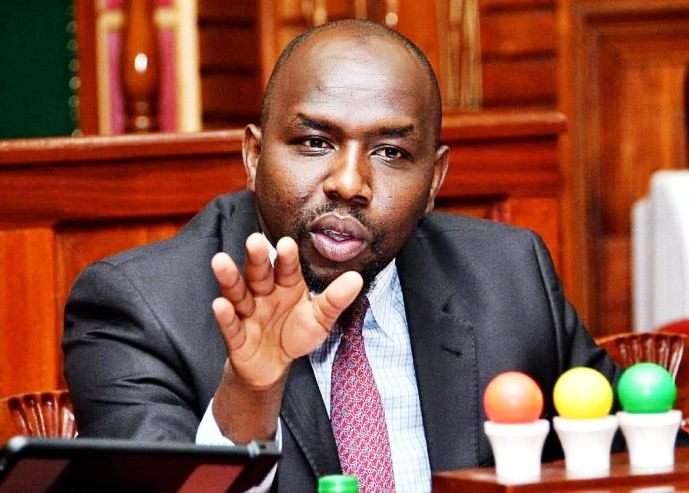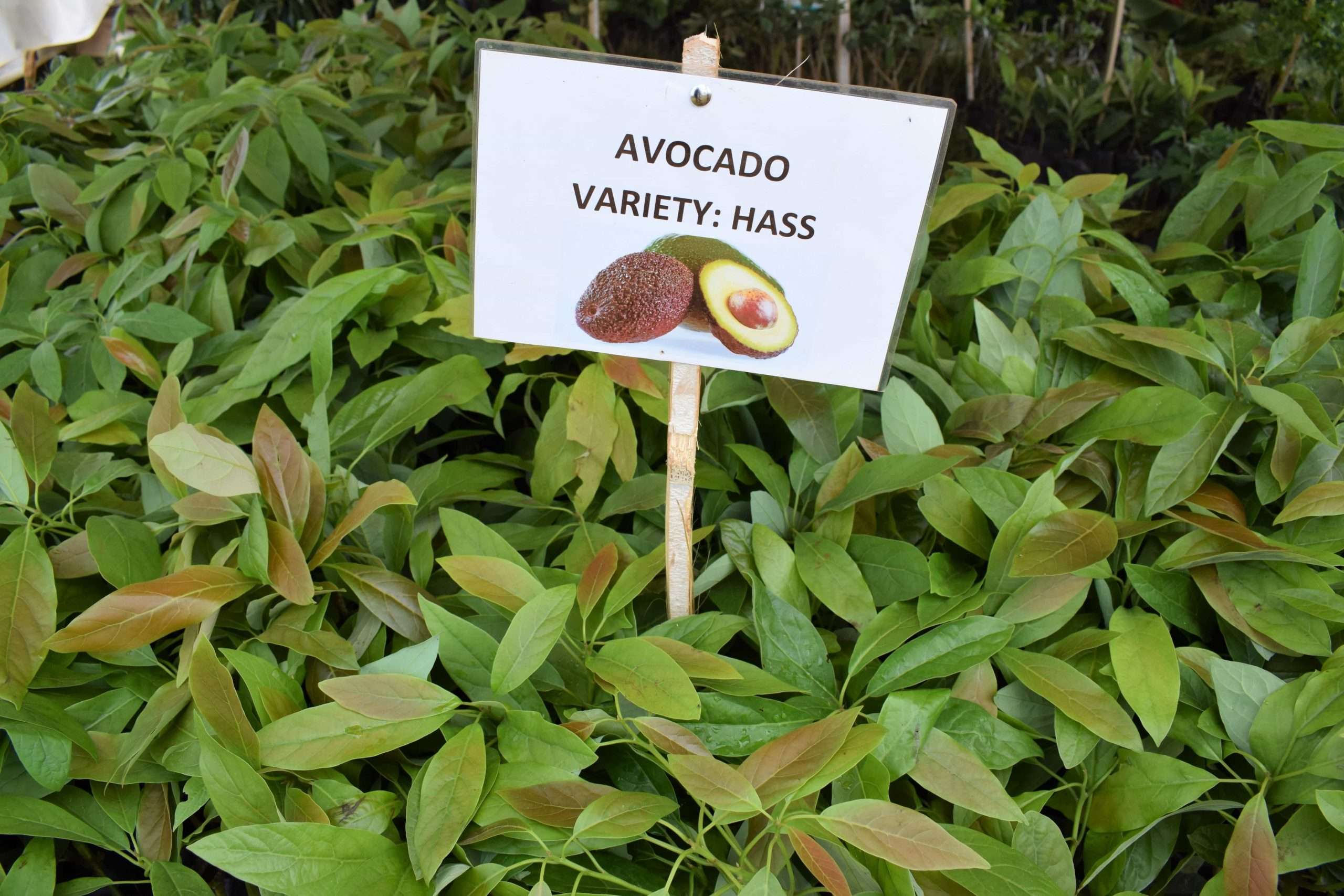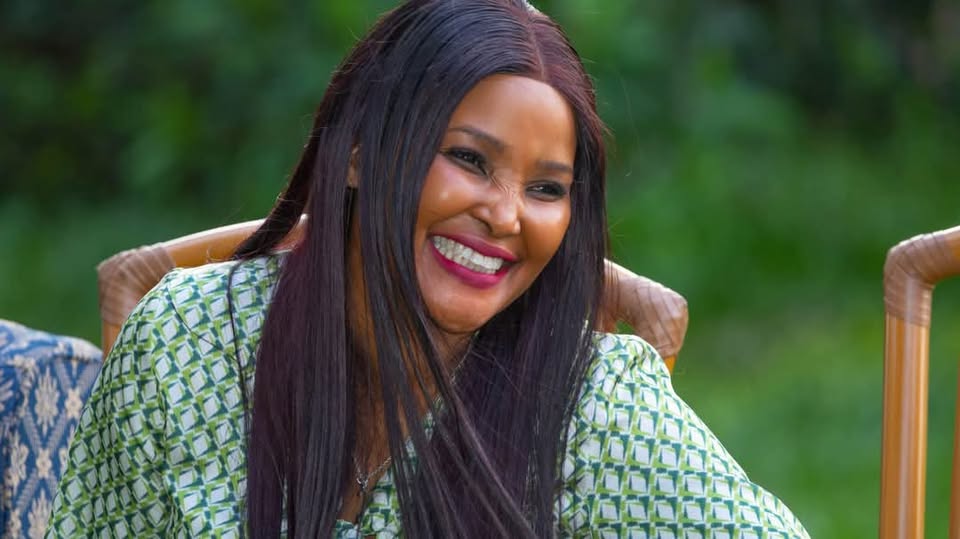Mr Murkomen and a clique of Marakwets are said to be on a revenge mission against their cousins from Keiyo over claims that during the 24-year rule of former President Moi, the Marakwet felt marginalized as their cousins used their leaders’ closer ties to the President then to get a bigger share of the cake. Murkomen and his team are now saying that the Keiyos had taken their share during the Moi regime and that it is their (Marakwet) turn to eat
President William Ruto finds himself between a rock and a hard place as the Marakwet-Keiyo political rivalry resurfaces again following the appointment of former Elgeyo-Marakwet Senator Kipchumba Murkomen as CS. There is a hue and cry from the Keiyo clan over what they term a planned and well-executed marginalization of their community.
In the run-up to the last general elections, elders in Elgeyo Marakwet were pushing for negotiated democracy to allow the two main sub-tribes in the region to share top county seats but the move failed miserably. The elders blamed Mr Murkomen for playing hard on the matter arguing that the electorates were free to elect leaders of their choice. The Marakwets bagged all three top county seats while the Keiyos were left empty-handed.
The same trend was witnessed in the 2017 elections where the Marakwets won the top three seats even though the Keiyos are the majority. Alex Tolgos took the governor’s seat, Kipchumba Murkomen was elected Senator and Jane Chebaibai won the woman representative seat. All three are from the Marakwet sub-tribe.
Mr Murkomen and a clique of Marakwets are said to be on a revenge mission against their cousins from Keiyo over claims that during the 24-year rule of former President Moi, the Marakwet felt marginalized as their cousins used their leaders’ closer ties to the President then to get a bigger share of the cake. Murkomen and his team are now saying that the Keiyos had taken their share during the Moi regime and that it is their (Marakwet) turn to eat.
Kipchumba Murkomen is said to be playing the same role the former powerful cabinet minister Nicholas Biwott used to play in local politics. During the Moi regime, many Keiyos, under the patronage of Mr Biwott were given top jobs in the civil service. That is exactly what Murkomen is said to be plotting to ensure all state jobs allocated to the county goes to the Marakwets.
It was out of Biwott’s influence that roads, water and power supply in Keiyo were much better than in Marakwet. Indeed, it was because of this isolation that the Marakwets fought so hard to have their district with its headquarters at Kapsowar.
The Keiyo community are now said to be plotting how to split the county into two with Keiyos and Marakwets having separate counties to avoid marginalization. In the run-up to the last elections, key politicians, professionals, businesspeople and elders held meetings to discuss how to share the seats equally between the Keiyo and the Marakwet. The proposal was that if the governor were a Marakwet, the senator should be Keiyo or vice versa.
Historically, the electorate in Elgeyo-Marakwet has been divided in General Elections with voters in Keiyo allied to Kanu and the Marakwet backing the then Democratic Party. They also voted for Mwai Kibaki as President, in a region that was entirely a Kanu zone as Rift Valley province. The perceived marginalization of the Marakwet during the Kanu era is what pushed them into the Opposition. They felt the Moi regime denied them the resources, jobs and security making them vulnerable to cattle rustling and banditry by their Pokot neighbours who were loyal to Moi.
In the 2002 General Election, the Marakwet voted for Narc’s Mwai Kibaki as President and Linah Kilimo as their MP when the whole North Rift supported Mr Moi’s preferred heir, Mr Uhuru Kenyatta. Again in 2007, Mrs Kilimo was elected MP, with Kibaki still garnering votes from a region that was overwhelmingly supporting Raila Odinga’s Orange Democratic Movement.





